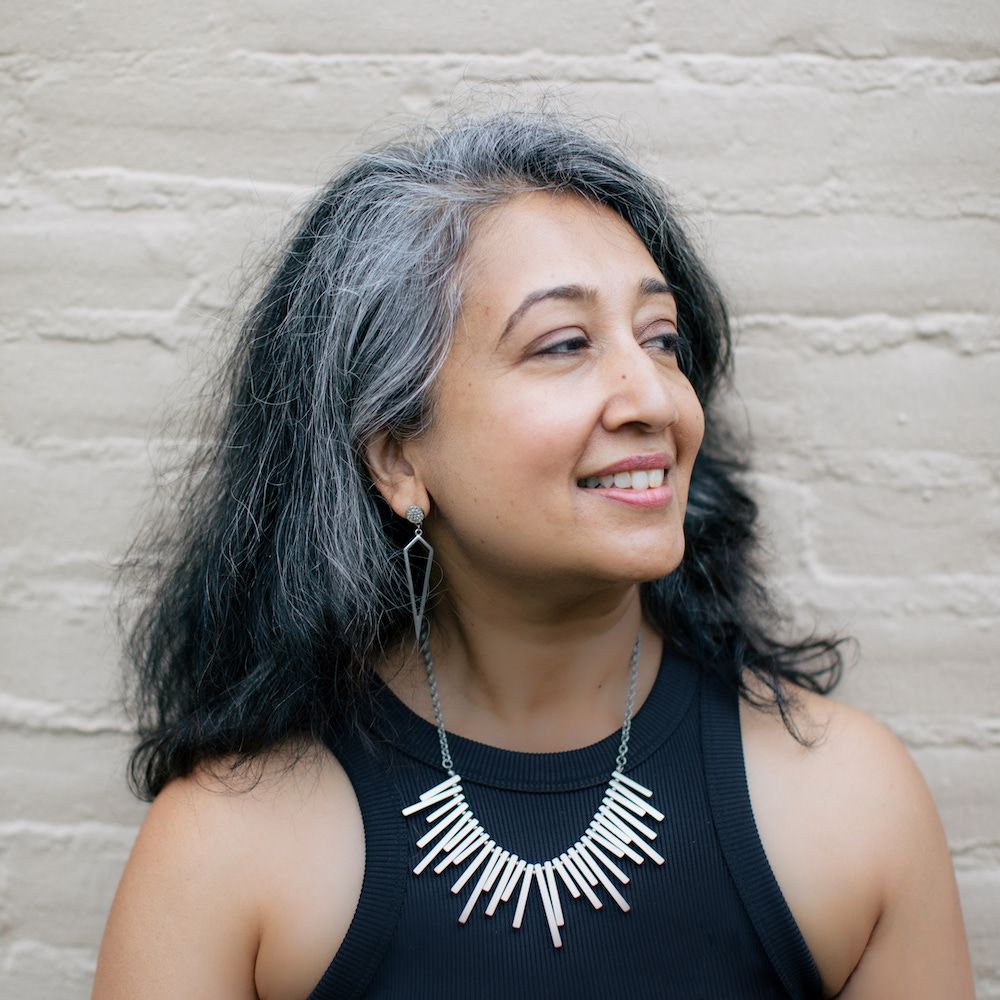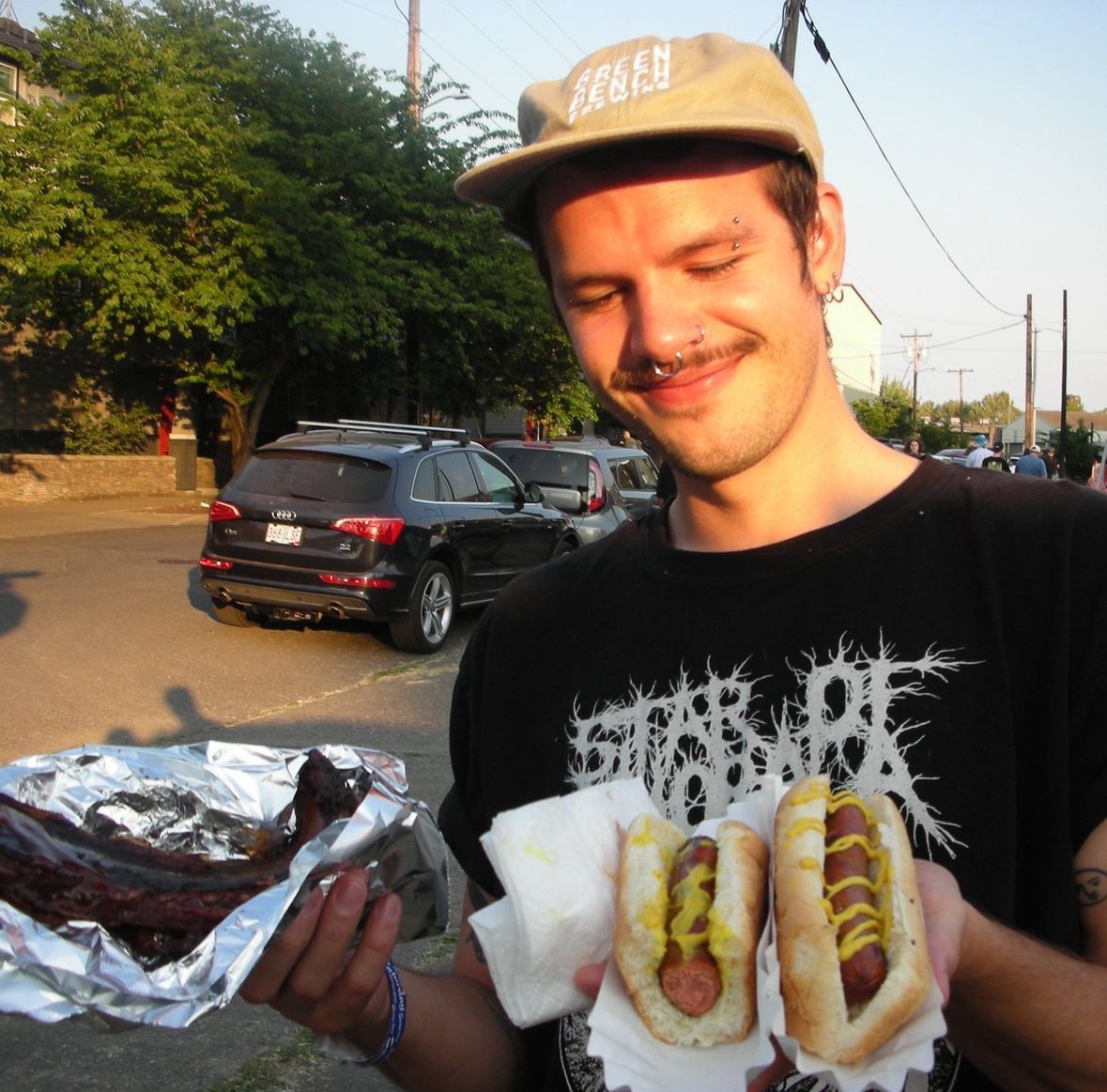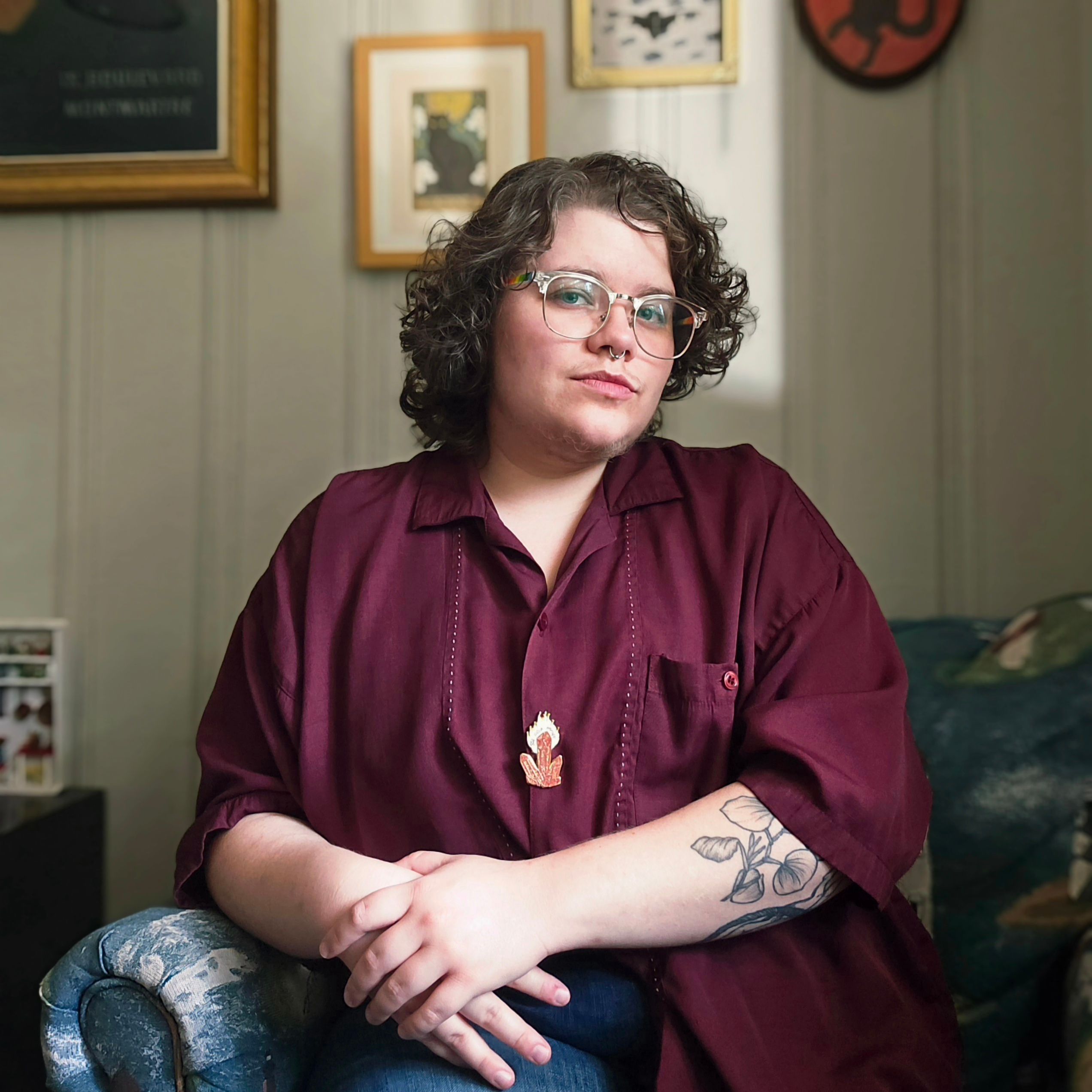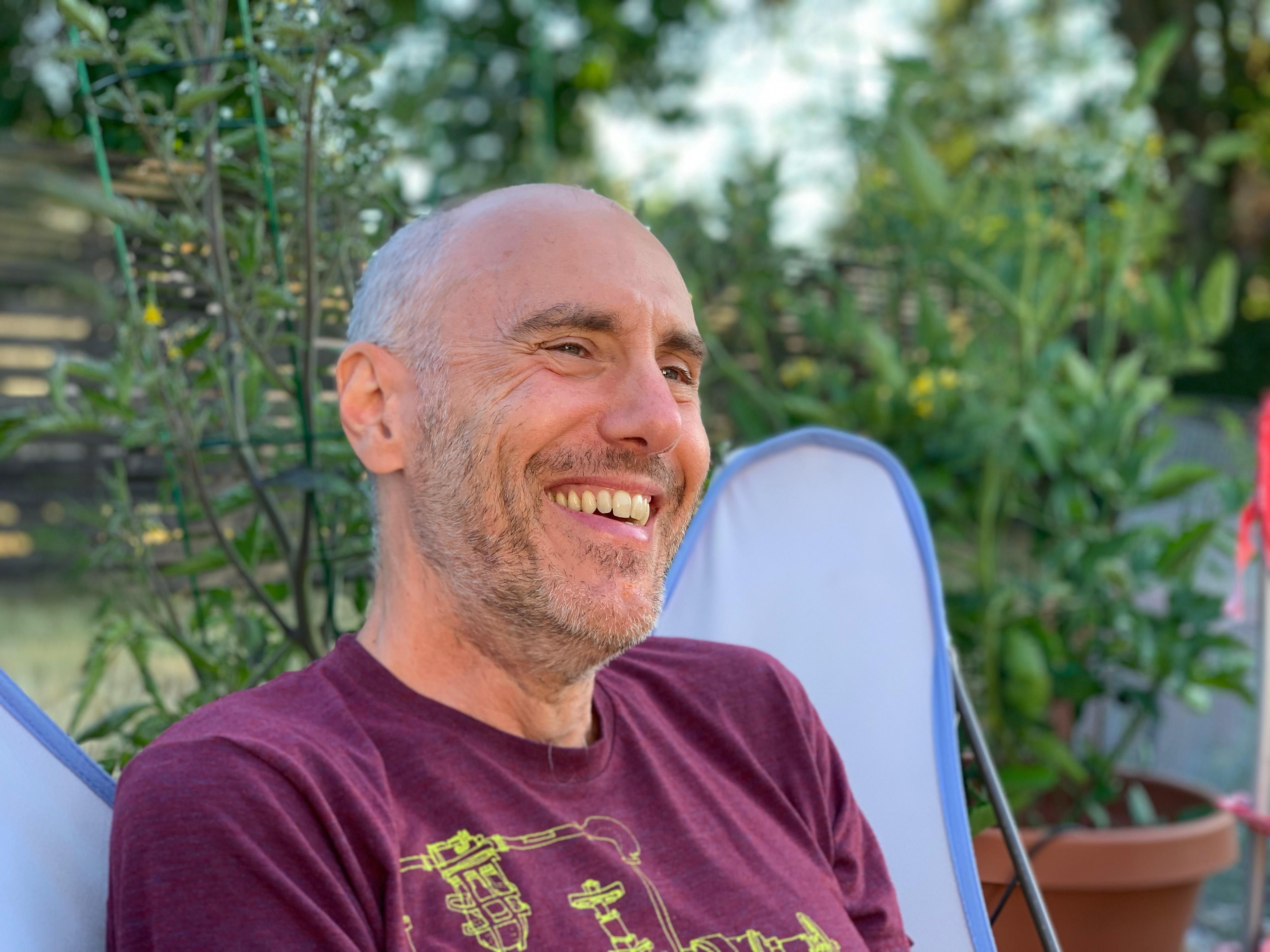I grab a small bar of green soap and an ever-shrinking roll of toilet paper from the TV stand at the end of my bunk and climb down. I aim my feet for a scattered pair of sandals in the hope of preserving my last pair of cleanish socks for one more day.
My bunk is in the last cube at the end of the high-side hallway, which means I start every day nearly forty yards from the bathroom. I tuck the toilet paper under my arm and weave my way through a bustling hive of convicted felons, all maneuvering and jockeying on their own personal missions this morning. With a little footwork, I'm eventually spit out at the opening to the bathroom. The fact that I'm the only one clutching a roll of toilet paper is a good sign.
Prison bathrooms are so much more than places to piss and shit; they're our barbershops, tattoo parlors, and gambling dens; they're where we go to smoke, fight, fuck, jerk off, or anything else that needs to unfold away from the prying eyes of the law. Bathrooms in prison are a lot of things; empty is rarely one of them.
I can't keep my eyes from rushing to the bottom of the stalls in search of shoes. It’s immediately clear god hates me—the pair of tattered mesh Nikes tapping a broken rhythm in the corner stall is undeniable proof. Two stalls down, a pair of state-issued cardboard loafers sit motionless. I remind myself to breathe.
Every housing unit has two bathrooms. And every bathroom has the same set of amenities: eight sinks, four showers, four urinals, and FOUR sit-down-to-shit toilets. You’d think only two pairs of shoes would mean two available stalls, but you’d be wrong. There's a prison custom that says—barring an absolute emergency—you always leave an empty stall between you and a fellow shitter. I know it sounds stupid to only use two of the four available toilets, especially in such an overcrowded environment, but it's our attempt to create a bit of privacy in a world where it otherwise wouldn’t exist.
Every morning it's the same fucking thing: four stalls and two assholes, tapping their toes while I struggle to hold in yesterday's undercooked beans. I exhale my displeasure and step aside to wait for one of the pairs of shoes to finish. I shift my weight from foot to foot in the universal dance-of-the-crowning-turd. My loathing for the obstructive footwear starts at the soles and quickly moves up the laces and over the tongues. In a few moments, it will ascend the socks to the actual owners of the shoes.
My stomach rolls over to remind me why we're here.
A toilet flushes.
I hold my breath.
Two birds.
A head of matted gray hair pops up from the corner stall like a deranged whack-a-mole. Mr. Mesh Nikes. I grab a plastic spray bottle from the nearest sink. It's the only one with enough pink mystery liquid to coat a toilet seat. Mr. Nike steps out of the stall. The door hangs open behind him. I turn sideways to let him pass.
There's a very specific ritual to shitting in prison. Half of it's for hygiene. The other half is for appearance.
I aim the disinfectant at the toilet and pull the trigger. A jet of pink liquid streams across the seat. The nozzles are always set to “stream," when they should be set to “spray.” You get better coverage with spray. It's a nuance that evades most incarcerated savages. I adjust the nozzle and pump a pink mist that quietly settles over the seat. I use the trigger to hang the bottle on the stall next to me while I unravel a spool of toilet paper. I run the fistful of paper under the faucet and enter the stall.
Every stall has a hole in the block wall the exact size and shape of a roll of toilet paper. This is where I place my soggy wad of paper. I balance the tiny bar of green soap on the side panel of the stall so I can unroll another wad of paper to wipe the seat.
Once around, twice around.
Another wad, another wipe.
My intestines rumble.
I lay a single strip, four squares long, on the right side of the seat. I do the same for the left. It takes exactly five individually ripped squares to cover the back of a prison toilet seat.
Toilets in the joint don't have tanks—just a solitary metal pipe that rises from behind the bowl with a flusher handle jutting out. This is where I hang my toilet paper while I take my shirt off. Yet another custom. (When you only get four t-shirts a year, it's worth the effort to keep them as shit free as possible.) I close the door and fasten the latch. This particular stall has a gap on the hinge side of the door wide enough to shake a hand through. Most inmates use strands of loose toilet paper to close the gap. I like to use my shirt.
One stone.
I exhale before finally lowering myself onto the toilet.
Stalls in prison don't provide the same coverage as stalls in the free world. They'll block you from your knees to your nips if you're standing. That's it. Even when you're seated, you're still just a slight turn of the head away from locking eyes with someone on the other side of the stall. But if you lean forward just right, with your head out over your knees, you can find the rarest, most beautiful pocket of privacy in the whole damn prison.
I rest my elbows on my knees and assume the position.
And just like that, the chaotic world around me disappears.
In seventy-six more days, I'll have exactly three years until I'm eligible for parole. By the time I get out, I’ll have spent a quarter of my life behind bars. Almost none of it will have passed in privacy.
I slowly twist my right index finger into my right nostril. A general survey. Few things in life are as universally satisfying as pulling a booger from your nose. It's a freedom you have to lose to truly appreciate. My initial search comes up empty. I reach for the toilet paper and unspool enough to blow my nose. I blow, crumple, and drop the used wad between my legs where it blossoms into a carnation of wet mush. My right foot taps out a rhythm of its own accord.
These rare moments of solitude allow for otherwise useless details of my environment to suddenly emerge. The front panels of these stalls have little legs that extend to the floor where they're bolted in place. Their feet are capped in aluminum sleeves that look like splash guards, but I suspect are meant to cover the bolts.
Anything in prison can be turned into a weapon.
Every leg has one of these sleeves, except the last one up against the wall. They either ran out or it was wrenched free by some industrious inmate.
I said, anything.
Without the protective casing, the leg looks to be about a thousand years old. The brackets and bolts are all rusted out with atrophy—a foot withered gimpy from exposure. One good kick could break the whole thing free. I used to notice little things like this when I first came to prison: the mangled intercom speaker straight out of an Orwell novel; the railing with five layers of exposed paint, worn away by buried hands long crossed over the chests of the inmates who guided them. It was all so abrasive back then. The constant clamoring and unceasing light. Everything registered in those days. Now, I'll hardly turn my head to watch a stabbing or an attractive female C.O. bounce past.
Typically, these stalls are covered in home-grown graffiti—sexual pictograms and clunky insults—reading material for bored or backed-up inmates. Every few weeks, a maintenance guy has to come in to paint the stalls clean. He must've been here recently. The only offering of bathroom poetry, scrawled in shaky pen ink, reads: "Peeing out of my penis feels nice." It's a brief but poignant observation.
On the wall next to me, in the joint between the third and fourth row of cinder blocks, is a deep ashen groove about eight inches long and maybe an inch-and-a-half deep. It's framed by a violent series of smaller slashes. Every end stall I've ever been in has this exact same feature in the exact same spot. It took me years to figure out that they're made by inmates grinding hunks of metal into knives against the porous surface of the block wall. I run my finger along the groove. I'm reminded of a jungle canoe—the ones carved from a single tree with tiny hatchets and braised with flames to render them waterproof.
The most common culprits for makeshift knives are bolts, chain link fencing, typewriter rods, and fan spindles. Of course, everyone has their preference, but if you ask me, typewriter rods make the best bangers. They're long uniformed steel—and they have some heft. Fence pieces are fine for the summer. They're easy to sharpen, easy to conceal, and easily accessible. But this is Michigan. Come January, when everyone's wearing state-issued winter coats and about nine layers of clothes, it'll take something heavier than a piece of chain link fence to make a statement. You see, most people don't understand the nuances of life behind ...
You know what—forget it.
Who gives a damn about the procedural minutiae of taking a shit or crafting a shank in prison.
It's depressing really.
I know every square inch of this place: every protocol, every custom, every monotonous nonsensical routine; I know every organization on the yard, their colors, their symbols, their particular lingo; I know which bunks are the best: the bottom bunk next to a window in the last cube; I know which shower stalls are the best: the ones in the corner; I know the best time to order a secure pack: the second week of the quarter; I know when to turn in laundry, and the rotating schedule of whites, blues, and personal items; I know the going rate for tattoos, individual or full sleeve; I can tell you how to straighten a spring to make a needle, and how to burn the soot to make the ink; ten years in and I know the entire month-long menu: breakfast, lunch, and dinner. My brain is chock-full of worthless institutional bullshit. And it terrifies me to think what might've been wiped clean to make room for this nonsense. In three years and seventy-six days, will I discover I've forgotten how to parallel park? Or how to hug someone with both arms?
I can't wait for this shit to be over—only the closer I get to the door, the less it feels like I'll actually make it out. I'm afraid that any minute I'll wake up back in level 4 at the beginning of a twelve-year bid.
This place is changing me. I can feel myself slipping into something—someone—I wouldn't have recognized just a few years ago.
I remember my first day in the joint; there was this guy sitting on a picnic table in front of the maximum-security housing unit. His name was Chip. Chip was a fast-talking convict from the south somewhere—Tennessee, I think. I never did learn how he ended up in a Michigan prison. What struck me most about Chip was how nonchalant he was. It was like he was at a family reunion or something—anywhere but prison. His was a comfort gained by exposure alone. I remember being both disturbed and envious at how relaxed he was in a place like this. But I get it now. I don't know exactly when, but at some point over the last decade, I became some half-Korean version of Chip. I can see it in the eyes of the younger inmates when they pass me in the hall. I can hear it in their voices when they ask me about the weight pit schedule or what's for chow. One day, you're fresh on the yard, all wet behind the ears, taking pointers from the old heads. The next, you're that guy. The one who's at home here. I guess it's better than the alternative. It's just that it's a guy you never thought you'd be.
I exhale a breath that's more than just respiration.
I do my business. My flushes are strategically timed. My wipes are efficient yet thorough. Before I stand up, I slide my index finger into my left nostril. This time I find something. I roll what I find between my fingers until I have a tiny brown pebble. I drop it into the toilet and watch tiny concentric waves ripple towards the porcelain shore between my legs. The pebble sinks to a standstill beneath me.
This is it.
This is all I'll get today.
I reach back and flush, steeling myself for the chaos on the other side of the flimsy stall door. Pants up, shirt on, toilet paper under arm, green soap in hand. I slide the little silver latch aside. The slightly defaced door swings inward. What a terrible design.
I exhale, turn sideways, and squeeze out.
A pair of knockoff Timberland boots grabs a spray bottle from the sink next to me and slides past.
Three years and seventy-six days to go.
BC Kim
Author
BC Kim (Robert Caldwell-Kim) is a Korean-American writer, artist, inmate, and self-proclaimed pebble in the shoe of the Prison Industrial Complex. He is serving a twelve-year sentence in the Michigan Department of Corrections. His work has been featured in the Schuylkill Valley Journal, University of Michigan's PCAP anthologies, Prison Insider, the Joe Rogan Experience, and elsewhere. Most recently, he was selected for PEN America’s forthcoming Incarcerated Writers Bureau and is currently working on his debut novel titled “The Clinic,” in which two childhood friends attempt to free themselves from a Central Florida methadone clinic in the midst of a burgeoning opioid epidemic. His writing is dedicated to the premise that unfettered expression is a fundamental human right, as well as the purest form of rebellion for marginalized voices.








